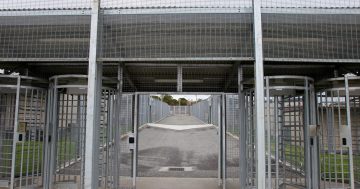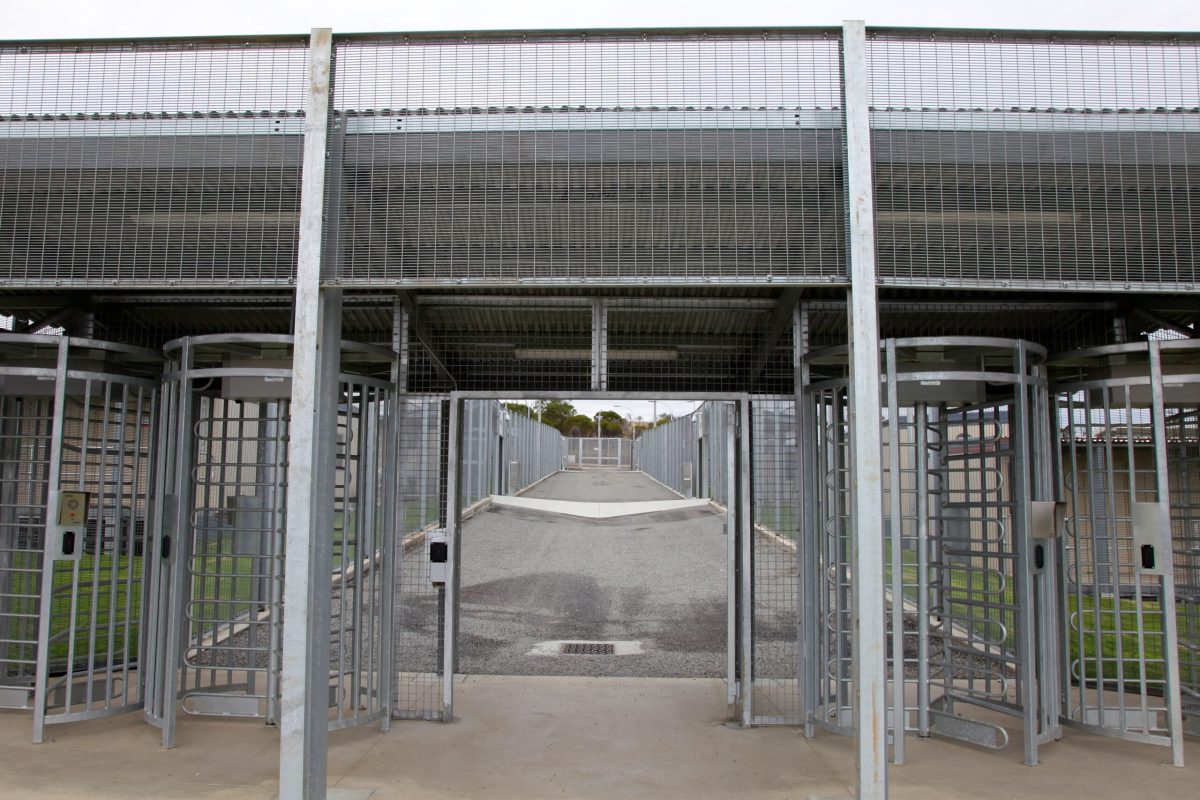
The Department of Home Affairs also recently pushed back against claims by the Australian Human Rights Commission, which raised concerns over safety conditions for detainees and staff at the Yongah Hill Immigration Detention Centre. Photo: Creative Commons.
In the Commonwealth’s annual review of detention facilities, all 12 of its recommendations have been put to the Department of Home Affairs over its treatment of immigrant detainees.
During the 2022-23 reporting period of the National Preventive Mechanism, Commonwealth Ombudsman Iain Anderson and his team visited 19 detention facilities operated by the Department of Home Affairs, Australian Federal Police and Australian Defence Force.
Yet their review directed all of its recommendations to Home Affairs and its counterpart, the Australian Border Force (ABF), for making systemic improvements to how people are treated across the immigration detention network (IDN).
Of critical concern to the reviewers was the management of high-care accommodation (HCA), which describes places where people in detention may be held when close monitoring and intensive management are deemed necessary.
Aside from Home Affairs’ lack of “reliable and detailed data” on the use of HCA across the IDN – including a failure “to clearly record duration of stay and reasons for placement” – detainees’ limited access to open air and exercise was raised.
“The Mandela Rules offer a minimum standard for places of detention, and Rule 23.1 states that everyone held in detention should have access to at least one hour of suitable exercise in the open air daily,” the review says.
“However, the access to open air available to people held in certain HCA settings does not meet the expectations or intent of the Mandela Rule.”
In its response, Home Affairs acknowledged its record-keeping capability was “an area of continuous improvement” and under review, but said it had already addressed the Mandela Rules requirement.
“While the department assesses that [detention operational policy] currently addresses the requirement for detainees to access open air and exercise, it is scheduled for a review in late 2024, at which time this recommendation will be reconsidered.”
Home Affairs said it was also implementing the “significant number of recommendations” provided by a third party’s six HCA reviews, which the department commissioned during the 2022-23 reporting period. This work is allegedly progressing at all onshore detention centres, except North West Point (NWPIDC) on Christmas Island.
NWPIDC was emptied late last year after being reopened in 2020 by the former Coalition government to reduce overcrowding on the mainland during the COVID-19 pandemic.
The facility was brought into attention by the government’s 2021-22 report – after it discovered fire extinguishers had been used to control the movement of people during two disturbances in early 2022.
The report also found that incident reports failed to document the management of these disturbances and that, against departmental policy, the use of firefighting equipment had been concealed.
While a review by Home Affairs’ internal auditors confirmed the use of firefighting equipment was unauthorised, the government said it did not make any recommendations to address the identified concerns and told them to fully investigate the matter.
The department claims it already fulfilled this recommendation after its internal review found:
- No other incidents had been identified where fire extinguishers were used against detainees
- Policy and procedure manuals were fit for purpose with no proposed amendments
- All trainees were retold that firefighting equipment was not approved for use of force
- Formal notices were issued to relevant facilities.
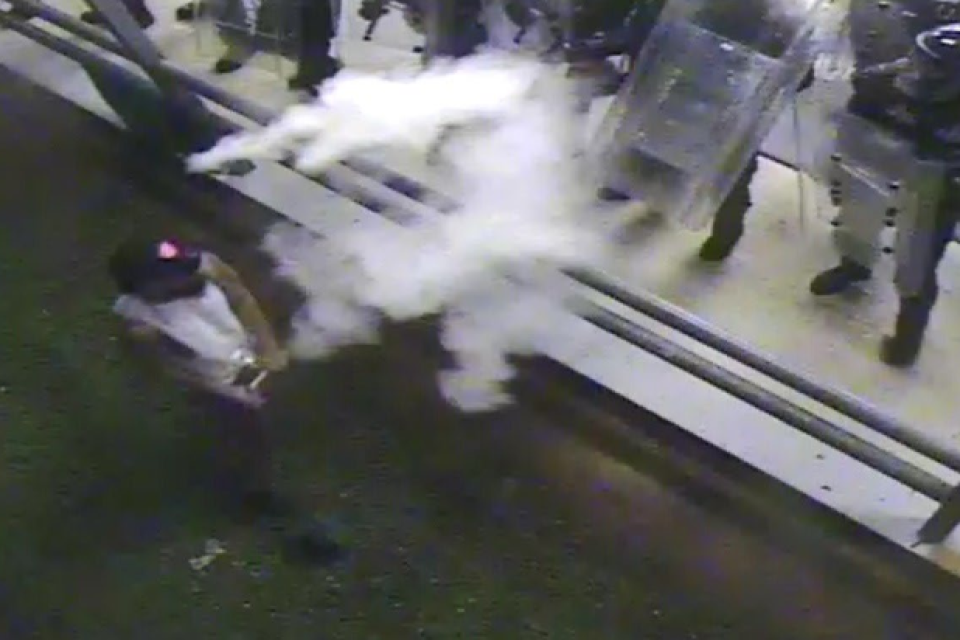
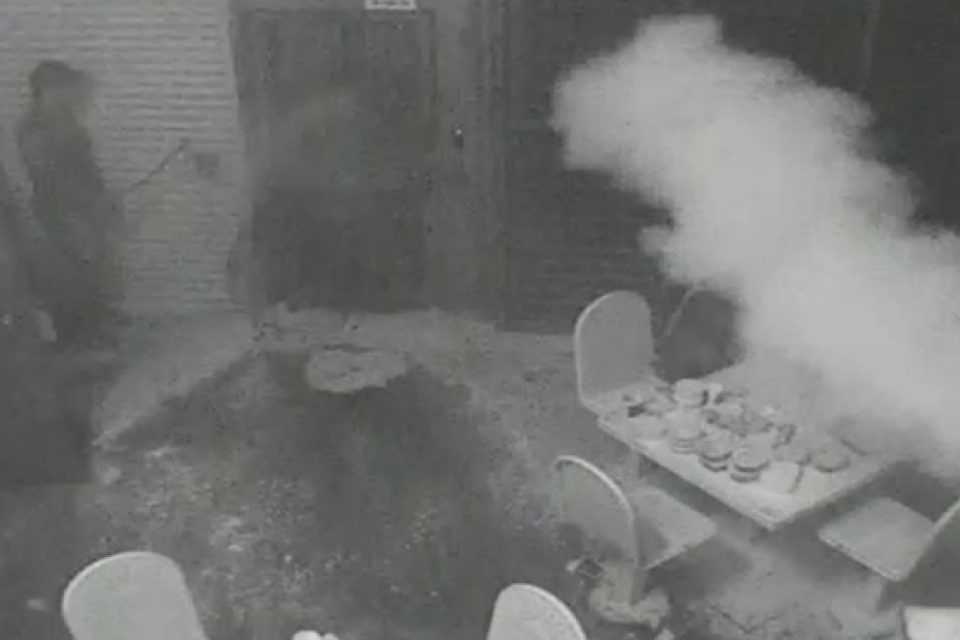
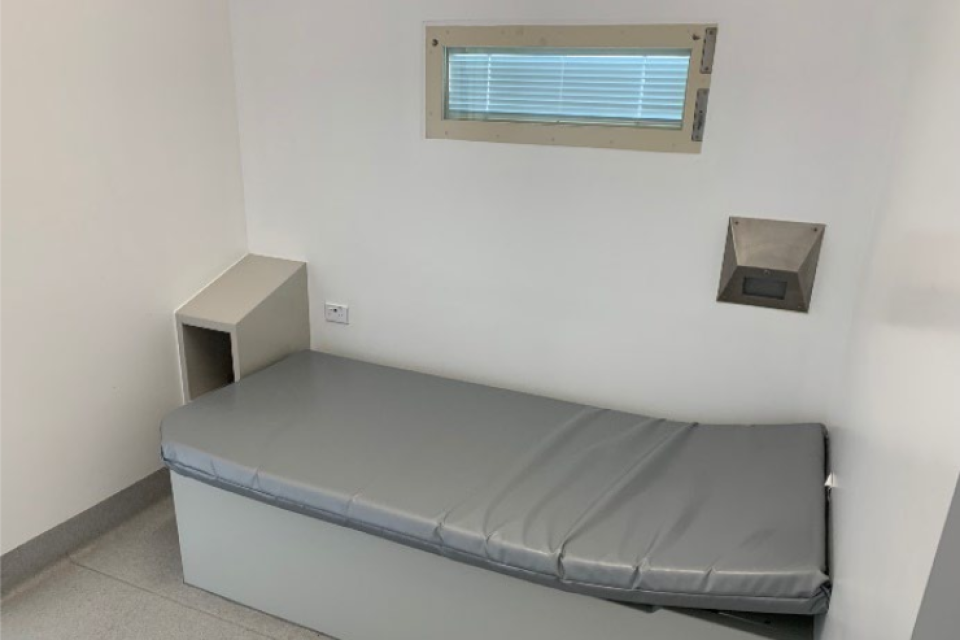
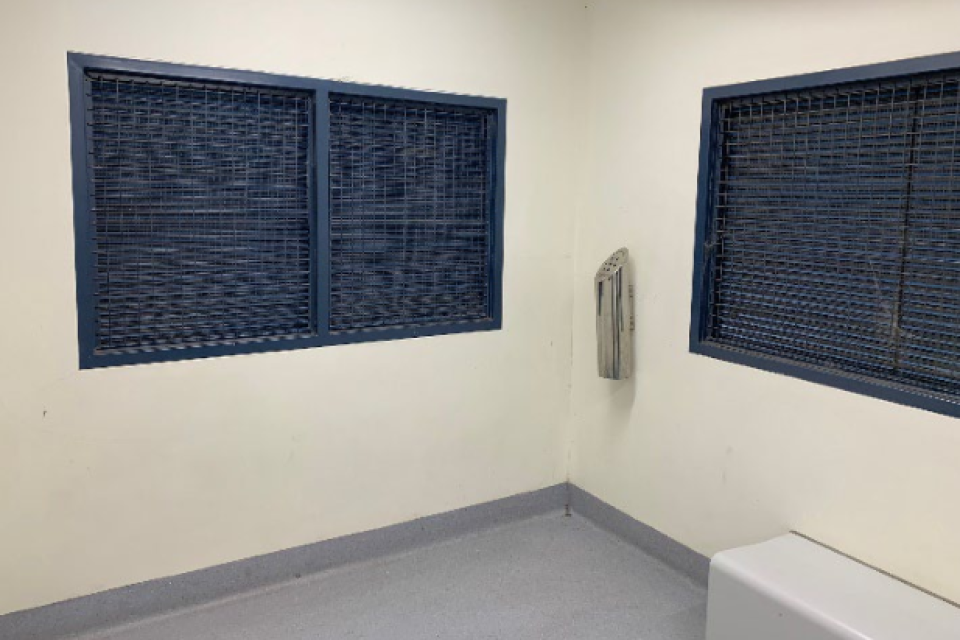
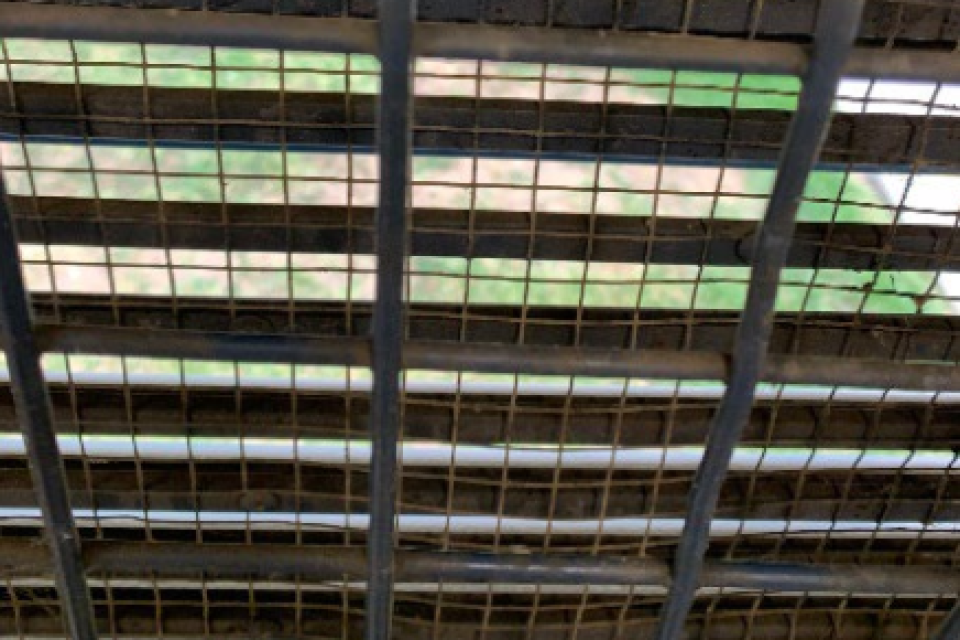
Another recommendation told Home Affairs to expand its definition of ”family” under its policies, as the current one “excludes relationships (such as parents, grandparents, cousins, and other extended family) that some cultures place great significance on”.
The reviewers said while they understood that population management in the IDN was a challenge, the issue was raised consistently by people during their visits.
“The loss of ability to connect with friends and family can be deeply upsetting to people in detention, and has the potential to cause unrest,” they said.
Home Affairs said it was already addressing this matter in its current review of detention operational policy.
In the department’s response, it also commented on instances where children may reside in a detention facility with their parent or guardian.
“There are instances where children who are lawful non-citizens or potentially Australian citizens are accommodated for the shortest practicable time in alternative places of detention as ‘guests’,” its response said.
“In these circumstances, the department or service provider may refer to these children as ‘guests’ rather than detainees because they are free to leave at any time if the parent/guardian makes other arrangements for their care.”
A “positive step” noted by the reviewers was Home Affairs’ expansion of alcohol and other drug services across the IDN. However, they recommended the Federal Government reform its legislation such that ABF personnel are able to search detainees, their property and rooms if they are suspected of carrying drugs.
Under the Migration Act 1958, a person in detention can only be searched if staff have intelligence regarding a concealed weapon or escape tool. Legal advice has also ceased regular room searches across the IDN.
Home Affairs said this recommendation required the government’s consideration, as it could not do anything itself.
Commonwealth Ombudsman Anderson acknowledged that Home Affairs accepted the majority of these recommendations, but said its progress would be assessed over the coming year.


